#Lexus
Drive Notes: 2024 Lexus GX 550 Premium AWD
Today I am testing a 2024 Lexus GX 550 Premium AWD that may have just come from the national launch event.
Drive Notes: 2024 Lexus TX
Welcome back to Drive Notes -- a recurring feature in which I give you a few brief notes on what I am driving or have driven recently.
Up today: The 2024 Lexus TX 350.
Lexus Stuffs GR Engine Up the Nose of a Small Crossover
You know what’s great about gearheads being at the helm of a car company instead of dour bedwetting accountants? Entertaining product tends to crop up, that’s what. And while the machine shown here is not intended for the North American market, we think there could be a case for it on this side of the pond.
Drive Notes: 2024 Lexus NX 350h Luxury AWD
I am bringing back Drive Notes, a little mini-review of vehicles I had in my garage. We tried it last year and for reasons I don't recall moved away from it. Let's see how it goes this time around. Don't worry, a full review of most vehicles featured here will come later.
Up today: The 2024 Lexus NX 350h Luxury.
TTAC's Worst Cars of 2023
It's that time of year. Time for us to toss awards and raspberries at the automakers.
We'll do the worst first, and the best later today, so that you can head into the holiday weekend on a positive note.
2024 Lexus GX Priced From $64,250
The delightfully angular new Lexus GX, planned for deliveries early next year, has been given a price tag by the company’s pencil-necked accountants. While a roughly $4,000 walk from the starting cost of last year’s rig, the extra cheddar buys a far better vehicle.
Lexus Says ‘Yes’ to Accessory Catalog at SEMA
Beyond loading one of their nifty new 2024 GX 550 Overtrail models with a raft of burly accessories, the crew at Lexus has also dusted off a couple of older trucks for this year’s SEMA Show in Las Vegas.
The Lexus IS Gets Modest Updates for 2024
The Lexus IS is going on a decade without a significant update, and 2024 won’t be any different. Lexus announced changes for the new model year, and they’re limited to new trim and appearance packages.
Lexus Brings Inspiration Series for ’24 LC 500
While there is value in writing about a luxurious two-door coupe planned for very limited production, we’re really just taking this news as an opportunity to run a photo of the perpetually gob-smacking Lexus LC 500.
Lexus Updates the ES – We Think
Sometimes, the new model year of a stalwart model brings the slightest of changes. For 2024, the top-selling sedan in today’s Lexus lineup gets a few blink-and-you’ll-miss-‘em tweaks.
2024 Lexus TX Hopes to Become a Better Family Hauler
Lexus is hitting the public with a one-two punch this week. After showcasing the next-generation GX, the brand introduced an all-new model designed to replace the three-row RX L. However, where the RX was stretched as an afterthought, the TX was always designed with extra seating in mind.
2024 Lexus GX Knows What It’s Supposed to Be
Lexus has finally shown the brand-new GX midsize SUV for 2024 and it’s leaning hard into its status as an off-road vehicle. Whereas the previous generation offered something a little more brutish looking than your typical Lexus utility vehicle, the new model is about as butch as luxury vehicles come. The only way the manufacturer could have been more clear about what this vehicle was about would be if it put a giant decal on the side that read “BODY-ON FRAME 4X4 FOR DIRT PLEASE.”
Lexus Continues Teasing Next-Gen GX SUV
With the 2024 Lexus GX forthcoming, the manufacturer has been issuing teasers to whet the public appetite. Thus far, it seems like the company will be offering a boxy design hoping to balance a rugged aesthetic without sacrificing a sense of luxury. But the initial teasers looked extremely aggressive, undermining the premium nature of the brand.
But Lexus issued another teaser image this week, offering a better sense of the vehicle that’s slated to debut next month.
2022 Lexus LC 500 Convertible Review – Still Got It
The Lexus LC rides on an aging platform, but you wouldn’t necessarily know it to drive it.
Well, the much-maligned older version of the Lexus/Toyota infotainment system might give it away. But otherwise, the LC 500 convertible feels as fresh as ever.
2024 Lexus GX Teased
Lexus teased the updated GX this week, suggesting that the model is about to become a bit more brutish looking. While the SUV has always resembled a Toyota 4Runner in a tuxedo, the next version is posed to share a platform with the Tundra and Sequoia — both of which are quite boxy.



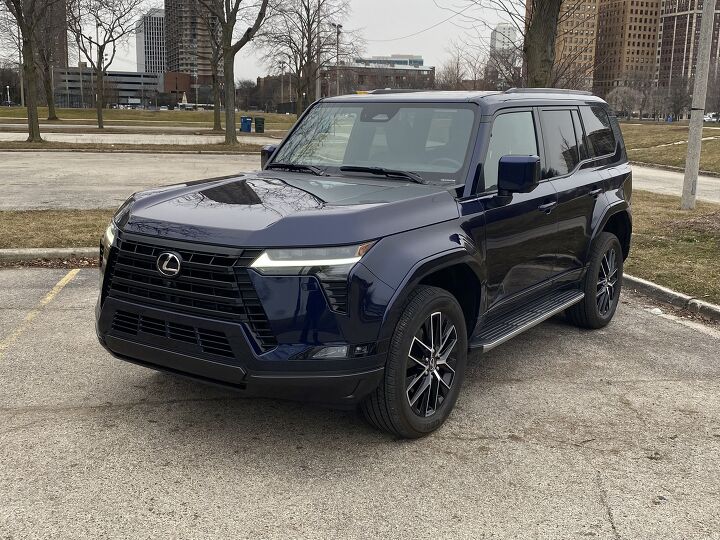
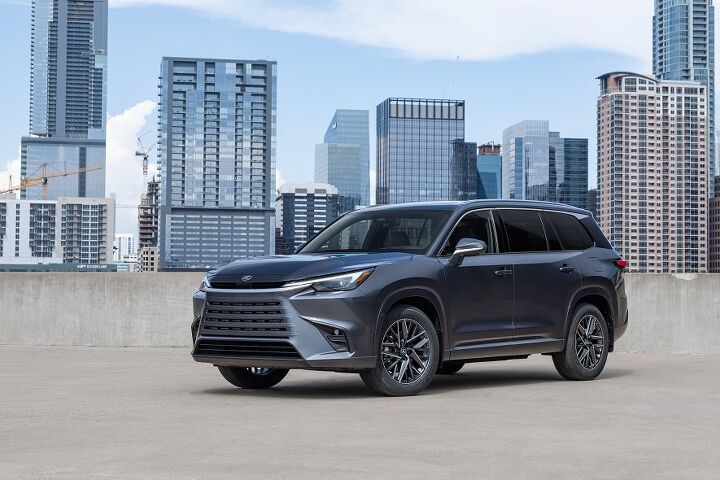
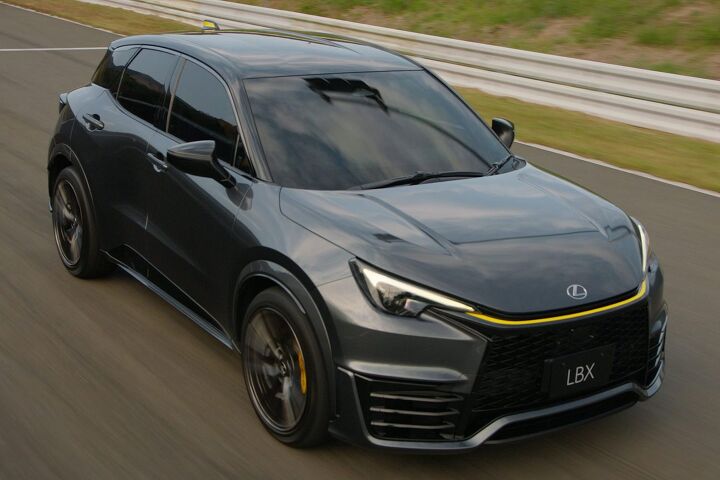
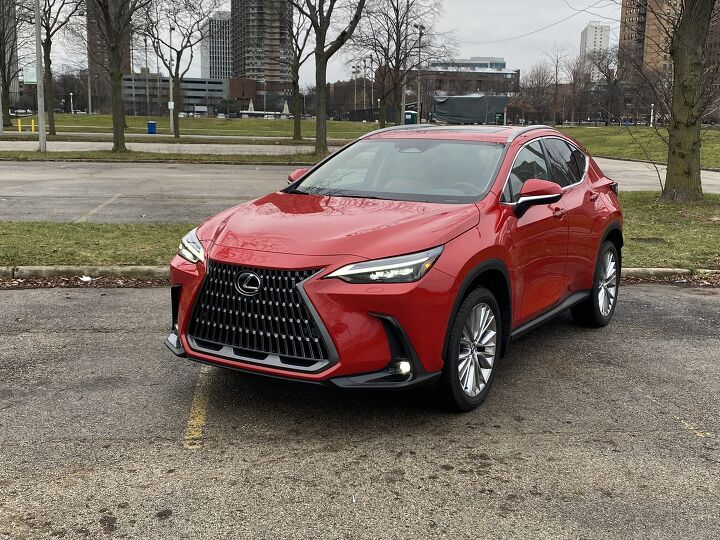
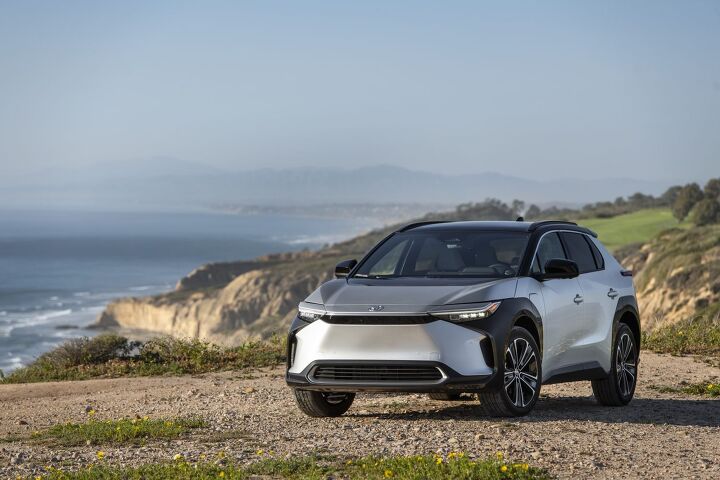
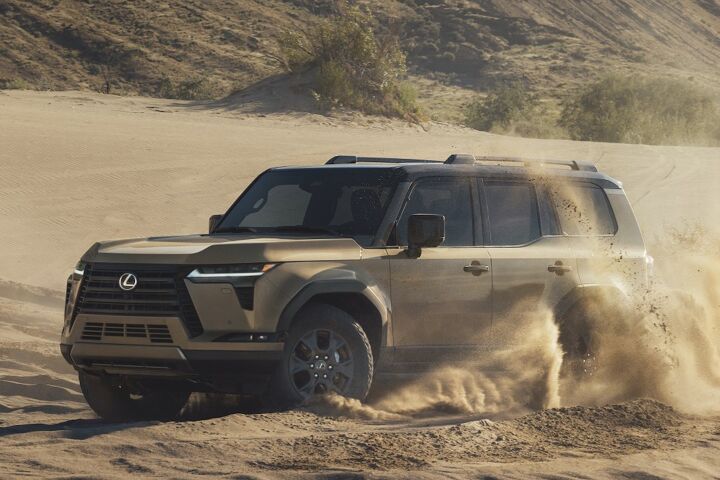
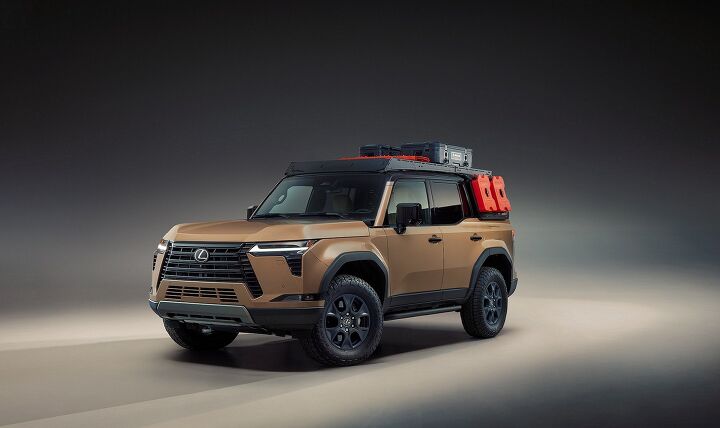
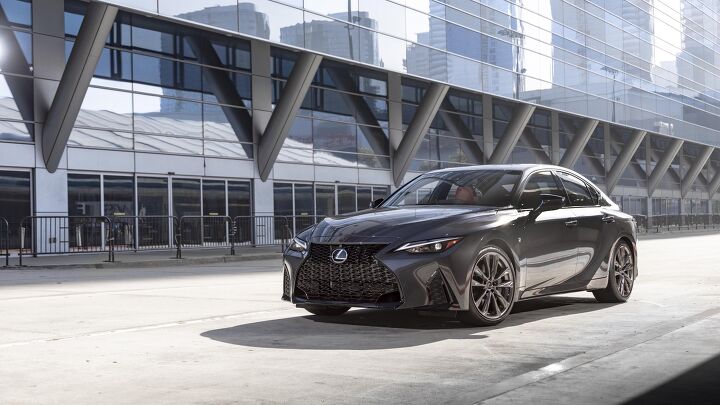
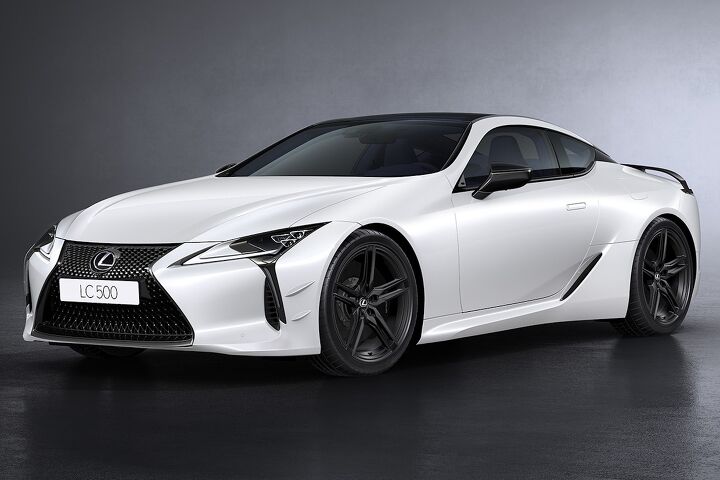
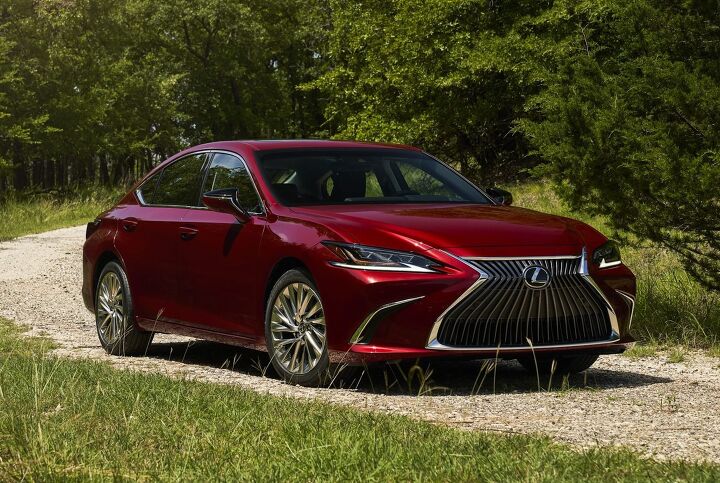
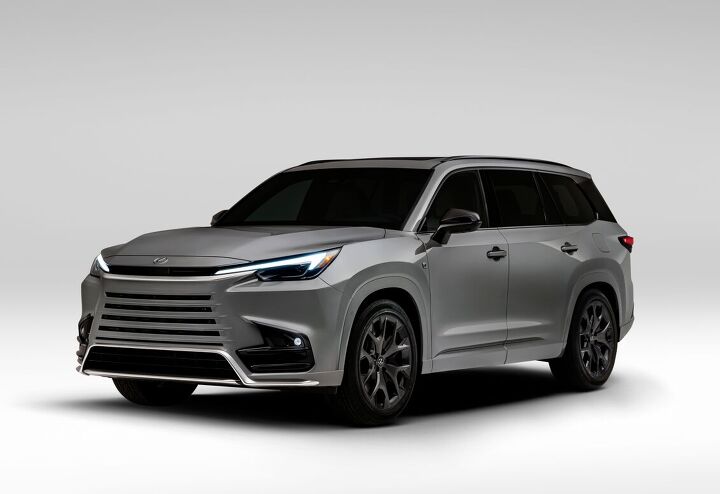

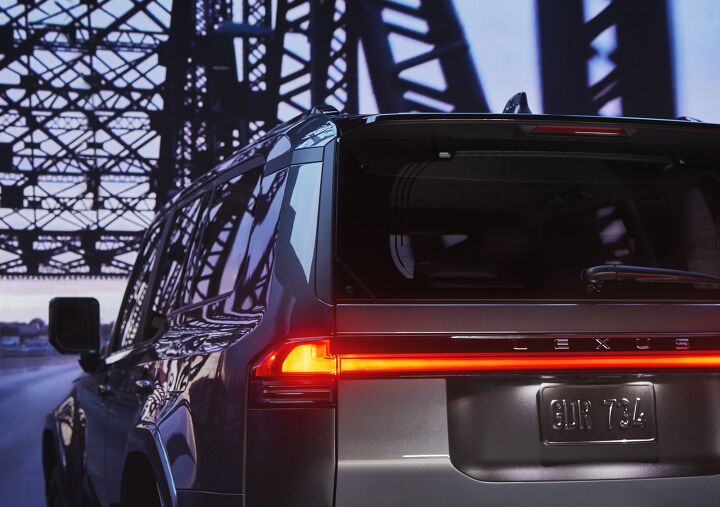

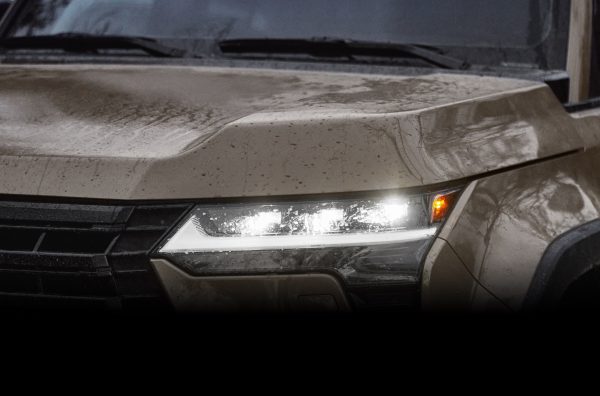












Recent Comments